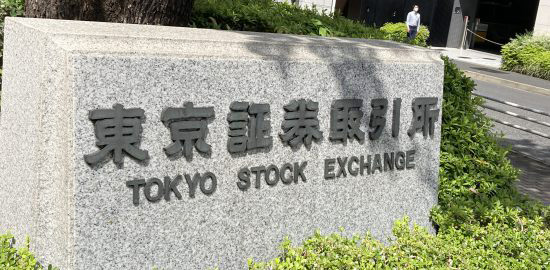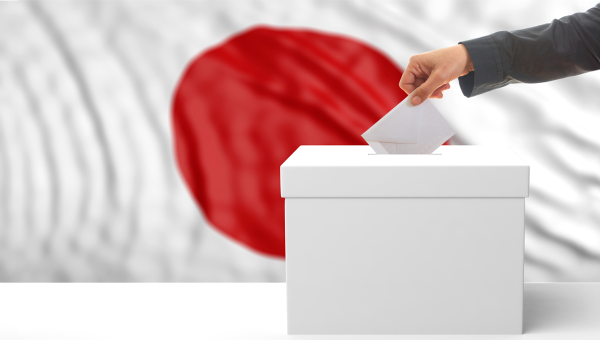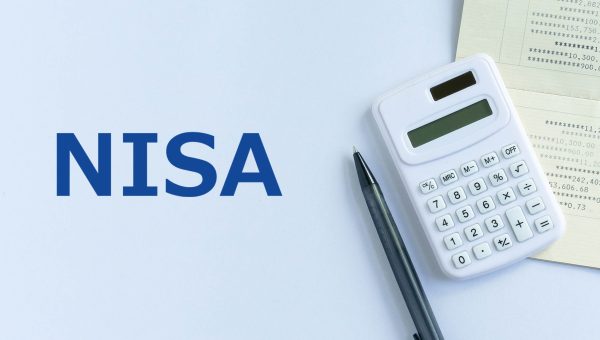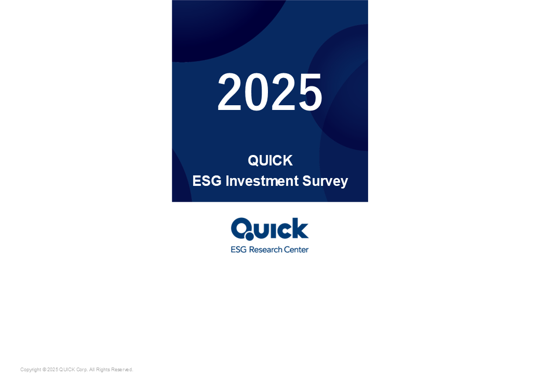Japan Markets ViewRequest to Companies Not Intended to “Improve P/B Ratios below One” – Real Intention Emphasized by JPX CEO
Jul 14, 2023

[QUICK Market Eyes] At the regular press conference on June 16, Hiromi Yamaji, Group CEO of Japan Exchange Group (JPX), emphasized, “We do not consider P/B ratios as an absolute standard, where a ratio above one is acceptable and a ratio below one is not acceptable. When asked to evaluate the “improvement of P/B ratios below one” at the press conference, he sometimes spoke emphatically. The discrepancy appears to be arising between what Mr. Yamaji and the Tokyo Stock Exchange (TSE) intended and the content of TSE’s request as reported by various media outlets.
Request to Companies Not Intended to “Improve P/B Ratios below One”
The TSE issued a request to companies at the end of March. The request is based on the discussions at the Follow-up Council Regarding the Market Restructuring in 2022. From the beginning, the discussion focused on the “improvement of low P/B ratios.” But what the TSE finally requested of companies was “management conscious of capital costs and stock prices.”
The request covers all companies listed on the TSE Prime and Standard Markets, not just the companies with P/B ratios below one. The TSE requested the companies to “analyze the current situation,” “formulate a plan,” and “implement initiatives” on an ongoing basis in order to realize management conscious of capital costs and stock prices. The request does not mention the term “P/B ratio” in its content. However, the notes in the document stated, “A P/B ratio below one is one of the indicators suggesting that the company fails to achieve return on capital in excess of its capital cost and that its growth potential is not sufficiently evaluated by investors.”
How does Mr. Yamaji view the current situation, where the intention of the TSE’s request is reportedly the “improvement of low P/B ratios”? At the June 16 press conference, it was pointed out to Mr. Yamaji that the term “P/B ratio below one” may have been mentioned irrespective of the TSE’s intention, and again he was asked to explain the true intention. Mr. Yamaji explained, “We brought up P/B ratios as an example in considering how to practically promote capital cost improvement and dialogue with shareholders.” He emphasized again that “P/B ratios are not an absolute standard, and that a P/B ratio above one does not necessarily mean successful management of the company.”
P/B Ratio Improvement Not Denied
Since April, the P/B ratios of companies listed on the Prime and Standard Markets have been on an upward trend. According to the TSE data, comparing the weighted P/B ratios of 33 sectors in both markets as of the end of March and the end of June, the P/B ratios of 27 out of 66 sectors (33 sectors x 2 market segments) have increased.
The improvement is particularly noticeable in the Prime Market. In fact, 20 of the 27 sectors that saw their P/B ratio increase are in this market. Although the Prime Market as a whole showed only a slight increase from 1.2 to 1.3, a large number of companies across all sectors announced share buybacks, indicating a gradual improvement in the P/B ratios.
Mr. Yamaji does not deny these share buybacks and P/B ratio improvements. At the press conference, he explained, “The increase in share buybacks indicates that a growing number of companies are managing their businesses with an awareness of their shareholders.” He added, “Share buybacks could be one of the options as companies analyze the current situation and discuss improvement measures based on the TSE’s request. It is reasonable for a company to repurchase its own shares to return excess capital to shareholders in light of the capital cost, etc.”
He emphasized again that “simply reducing the denominator (net assets) of the P/B ratio in order to improve the ratio is not the purpose of the request we made.” In other words, what Mr. Yamaji really wanted to convey was that “the request was made to improve medium- to long-term corporate value, and P/B ratios are only one of the indicators for that purpose.“
Calculation of JPX Prime 150 Launched on July 3
Regarding the measures to be taken to drive corporate values, Mr. Yamaji said, “We would like to consider them in the Follow-up Council, looking at each company’s corporate governance report and other documents.” The measures will be reviewed in the fall of this year.
In addition, the calculation and distribution of the JPX Prime 150 Index, which focuses on corporate value creation, started on July 3. The index is composed of companies with high P/B ratios and efficient use of capital. JPX Market Innovation & Research, responsible for the calculation of the index, says, “We aim to contribute to the spread of value-creating management and the enhancement of Japanese stock market attractiveness by making the index and its constituents medium- to long-term investment targets for institutional and individual investors in Japan and abroad.
The Follow-up Council, Yamaji’s remarks, and the JPX Group’s launch of the new index can actually be seen as a series of developments focused on “growth.” It has only been three months since the TSE made the request. Each company is now starting to move in full swing according to its own situation. The TSE and the changes in companies should continue to be a focus of our attention.
(Reported on July 4)
QUICK Licensed News on QUICK Data Factory
https://corporate.quick.co.jp/data-factory/en/product/data016/




